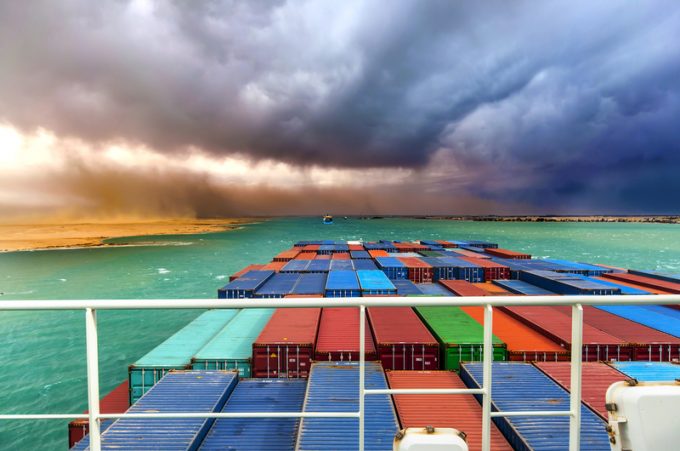Evacuate trapped seafarers from Black and Azov seas, demands ICS
The International Chamber of Shipping (ICS) has warned that the Russian invasion of Ukraine, and ...

There are some days in this job where the disconnect between two articles becomes unbridgeable.
Today, we ran an article on the ILWU/ PMA labour negotiations.
“The PMA has pointed out that dockworkers’ wages on the west coast are approaching $195,000 a year, and the union countered ...
CMA CGM South Korean staff strike over bonuses after bumper 2024 profit
MSC switches two more Asia-Europe port calls from congested Antwerp
Ports and supply chain operators weigh in on funding for CPB
Nightmare for Bangladeshi exporters as congestion and tariffs bite
Carriers introduce surcharges as congestion builds at African ports
Box ship overcapacity threat from carrier appetite for new tonnage
CMA airline returns two freighters, while ANA takeover of NCA looms
Tradelanes: Export boom in Indian sub-continent triggers rise in airfreight rates

Comment on this article
Hans-Henrik Nielsen
June 09, 2022 at 4:19 pmGo Mike ! You have the support of CargoGulf.
Alex Lennane
June 09, 2022 at 4:45 pmThanks Hans-Henrik!